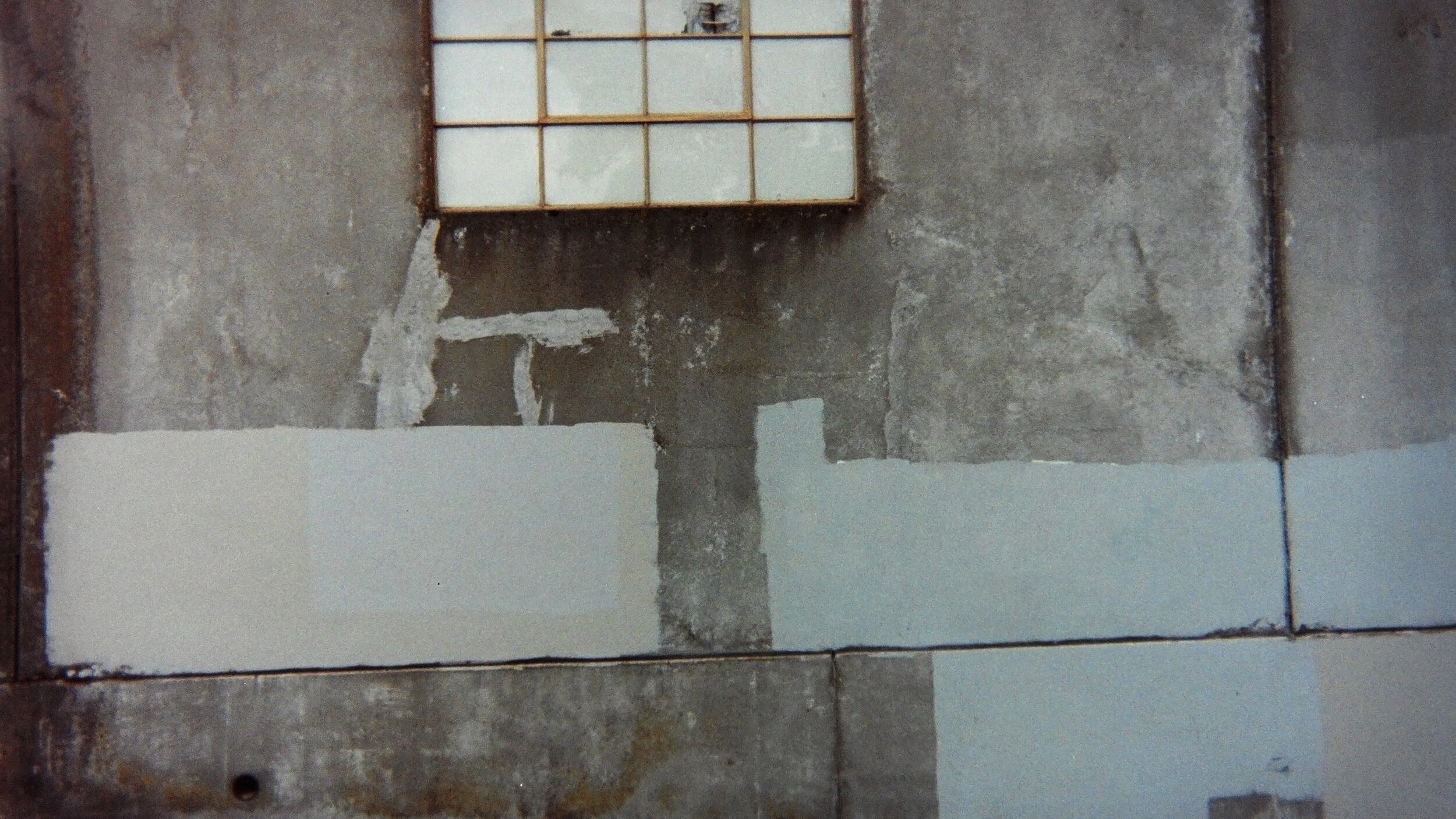Can the destruction of art be an art in and of itself?
That’s the question at the heart of director Matt McCormick’s short documentary The Subconscious Art of Graffiti removal, a classic part of DIY Portland cinema that is now streaming for free (and has been newly restored).
Directed by McCormick and narrated by Miranda July, The Subconscious Art of Graffiti Removal argues that graffiti removal is one of the most important art movements of the 21st century, likening it to Abstract Expressionism, Minimalism and Surrealism.
After debuting in 2002, McCormick’s film (which was shot on 16 mm) won acclaim from Art Forum, Filmmaker magazine and The Village Voice. It originally premiered at the Sundance Film Festival, which remastered it in 4K.
McCormick is one of Portland’s most prolific filmmakers. In 1995, when he was 22, he threw everything he had in his car, started driving and happened to run out of money in Portland. At a now-shuttered Laurelhurst diner called Pumpernickel’s, he worked his way up from dishwasher to sandwich maker, then graduated to filming city council meetings for cable access TV.
McCormick’s biggest contributions to the local film scene included founding Peripheral Produce (the festival and distribution collective that gave July her first onscreen debut). He also directed the feature film Some Days Are Better Than Others, starring Carrie Brownstein and The Shins’ James Mercer.
This is not the first time McCormick has revived The Subconscious Art of Graffiti Removal. In 2018, he included it in a film compilation called Portland 90, which also featured shorts and movie excerpts by July, Gus Van Sant and Vanessa Renwick.
Despite the fact that the films represented a lost era of DIY Portland filmmaking, McCormick struck an optimistic note when he spoke to WW about the project.
“I still think Portland’s an amazing city, and I have lots of hope for it,” he said. " I also know it’s going to continue to change. And I hope that people will put together programs and look at work from this time and think about how it shaped the contemporary culture of whatever time they’re in.”
Related: Matt McCormick’s Grandfather Narrowly Avoided Nuclear Holocaust. Now Matt’s Making a Movie About It.
